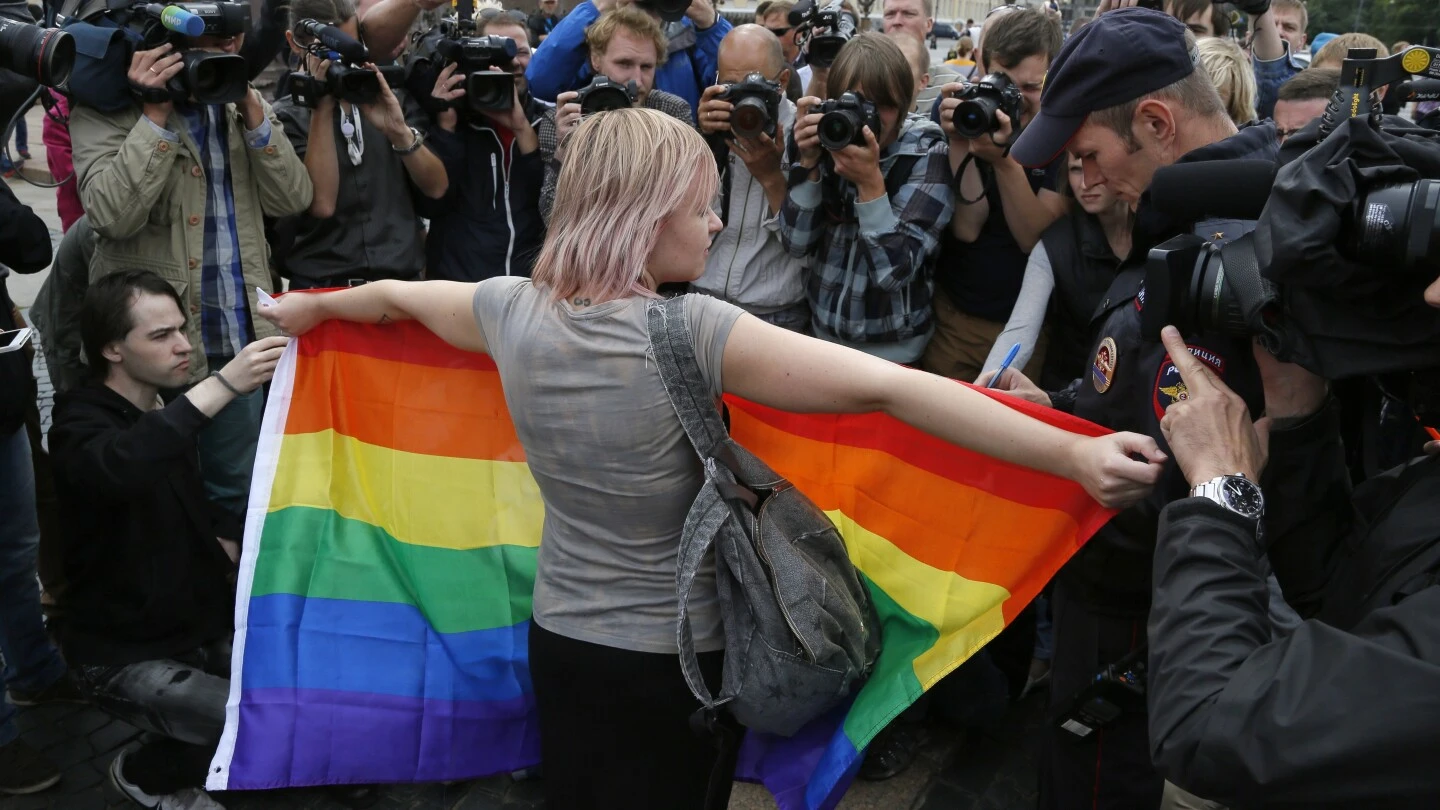This was the official reason given by the June 27, 1936 resolution issued by the Central Executive Committee and the Council of People's Commissars of the USSR on the prohibition of abortion.
However, they found that banning abortion did not lead to increase of birth rate, but instead it drove up illegal abortions and increased mortality of pregnant women.
June 27, 1936: On the prohibition of abortion, increasing financial assistance to women in labor, establishing state assistance for large families, expanding the network of maternity hospitals, nurseries and kindergartens, strengthening criminal penalties for non-payment of alimony and some changes in divorce legislation
The October Socialist Revolution, which marked the beginning of the destruction of all class exploitation, the destruction of the classes themselves, simultaneously marked the beginning of the complete and final emancipation of women.
In no other country in the world does a woman enjoy such complete equality in all areas of political, social life and family life as in the USSR.
In no country in the world does a woman, as a mother and citizen, who bears the great and responsible responsibility of giving birth and raising citizens, enjoy such respect and protection of the law as in the USSR.
However, the economic devastation in the country that occurred in the first years after the civil war and armed intervention and the insufficient cultural level of women inherited from the pre-revolutionary era did not allow them to immediately fully use the rights granted by law and, without fear for the future, fulfill their duties as citizens and mothers responsible for childbirth. and the initial education of their children. In this regard, on November 18, 1920, the Soviet government allowed abortions (artificial termination of pregnancy) for women while, as the People's Commissariat of Health and the People's Commissariat of Justice wrote, "the moral remnants of the past and the difficult economic conditions of the present still force some women to decide on this operation" (S.U. 1920 No. 90, Art. 471).
Lenin wrote back in 1913 that class-conscious workers are “the unconditional enemies of neo-Malthusianism, this trend for the petty-bourgeois couple, calloused and selfish, who mutter in fear: God willing, they themselves could hold out somehow, but it would be better if they don’t need children.”
But rebelling against abortion as a social evil, Lenin considered only laws prohibiting abortion to be clearly insufficient to combat it. Moreover, he pointed out that under the conditions of capitalism, these laws only reflect the “hypocrisy of the ruling classes,” since they “do not heal the ills of capitalism, but turn them into especially malignant ones, especially difficult for the oppressed masses” (vol. XVI, p. 498 -499).
Only under socialist conditions, where there is no exploitation of man by man and where a woman is a full member of society, and the progressive increase in the material well-being of workers is the law of social development, can the fight against abortion be seriously launched, including through prohibition laws.
The destruction of capitalist exploitation in the USSR, the growth of material well-being and the gigantic increase in the political and cultural level of the working people make it possible to raise the question of revising the resolution of the People's Commissariat of Health and the People's Commissariat of Justice of November 18, 1920.
Necessary material support for women and their children, state assistance to large families, maximum development of a network of maternity hospitals, nurseries, kindergartens, legislative establishment of the minimum amounts to be paid by the father of the child for his maintenance during the separation of the spouses, on the one hand, and the prohibition of abortions - on the one hand. another, together with strengthening the punishment for malicious non-payment of funds awarded by the court for the maintenance of children and introducing some changes to the legislation on divorce, in order to combat a frivolous attitude towards the family and family responsibilities - these are the paths that need to be taken to resolve this big issue that affects everyone population of the issue. In this regard, the Soviet government is meeting the numerous statements of working women.


